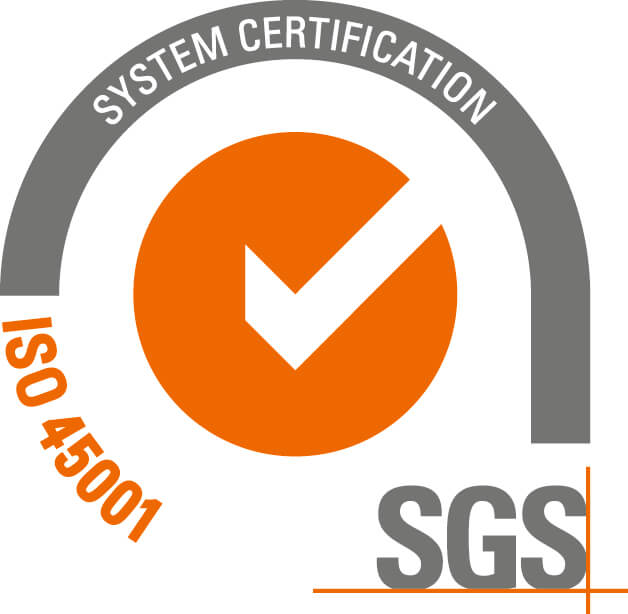Waste prevention
Avoiding waste generation is the best method to solve the waste problem. Combined with other waste minimization measures, it is the most important link in the waste management and environmental protection systems. Waste prevention and waste minimization measures apply to waste generation processes or locations in all areas of activity and include appropriate procedures and changes in production and utilisation processes aimed at reducing the amount, volume and hazardous components of waste.
Measures to avoid and reduce waste generation should be implemented in:
Avoiding waste in the consumption of material goods encompasses the development of:398.png)
Figure, Circular economy model. Source: COM(2014)398
(sirovine = raw materials, dizajn = design, preostali otpad = remaining waste, recikliranje = recycling, prikupljanje = collection, korištenje, ponovno korištenje, popravak = use, reuse, fix, distribucija = distribution, proizvodnja, prerada = production, processing, kružno gospodarstvo = circular economy)
Measures to avoid and minimize waste also include:
Direct measures include introduction of deposits and eco taxes, elimination of materials not welcome in the waste flow from use (if there is an alternative), cleaner production incentives, etc.
Indirect measures lead to minimizing waste by, for instance, developing a recyclable material market, introducing new products fully made of or containing a greater share of recyclable materials, and strengthening this market, promoting composting at households, introducing direct reuse of waste e.g. using waste in construction by using debris from demolition, etc.
Direct participants in preventing the generation of wastes include households, service industries, retail stores, industry, sports and recreation, tourism, social activities (culture, education etc) and healthcare.
Since the implementation of the above measures requires substantial financial investments that produce results after 2 or 3 years, funding must be continuous.
Even though avoiding and minimizing waste as a part of integral waste management is regulated by law, many natural and legal persons in the City of Zagreb do not uphold them or do not uphold them to the necessary extent due to a number of reasons (insufficient knowledge, insufficiently developed waste management system, poor economic situation, etc). Their inclusion and the implementation of measures to avoid and minimize waste will therefore be of exceptional significance in setting up an integral waste management system.
Measures to avoid and reduce waste generation should be implemented in:
- Production of material goods,
- Consumption of material goods,
- cleaner production and a waste market,
- matter and energy recycling (recovery)
- production of products with lower waste potential
- production using secondary raw materials.
Avoiding waste in the consumption of material goods encompasses the development of:
- use of lower waste potential products,
- rational use of products,
- rational treatment of waste substances.
398.png)
Figure, Circular economy model. Source: COM(2014)398
(sirovine = raw materials, dizajn = design, preostali otpad = remaining waste, recikliranje = recycling, prikupljanje = collection, korištenje, ponovno korištenje, popravak = use, reuse, fix, distribucija = distribution, proizvodnja, prerada = production, processing, kružno gospodarstvo = circular economy)
Measures to avoid and minimize waste also include:
- Systematic education of all target groups and stakeholders in the waste management system,
- Continuous communication with the public and continuous promotion aimed at avoiding and minimizing waste in production and consumption (for instance, promotion of the Croatian Waste Market, which is a part of the Croatian Chamber of Economy, product reuse with our without processing, use of products made of non-toxic and recycled materials, packed in a packaging made of the same materials, avoiding doubly or multiply package products, separate collection of reusable and hazardous waste, recycling, composting of biowaste in one’s own garden, etc). Steps to avoid and minimize waste potential can be divided into direct and indirect.
Direct measures include introduction of deposits and eco taxes, elimination of materials not welcome in the waste flow from use (if there is an alternative), cleaner production incentives, etc.
Indirect measures lead to minimizing waste by, for instance, developing a recyclable material market, introducing new products fully made of or containing a greater share of recyclable materials, and strengthening this market, promoting composting at households, introducing direct reuse of waste e.g. using waste in construction by using debris from demolition, etc.
Direct participants in preventing the generation of wastes include households, service industries, retail stores, industry, sports and recreation, tourism, social activities (culture, education etc) and healthcare.
Since the implementation of the above measures requires substantial financial investments that produce results after 2 or 3 years, funding must be continuous.
Even though avoiding and minimizing waste as a part of integral waste management is regulated by law, many natural and legal persons in the City of Zagreb do not uphold them or do not uphold them to the necessary extent due to a number of reasons (insufficient knowledge, insufficiently developed waste management system, poor economic situation, etc). Their inclusion and the implementation of measures to avoid and minimize waste will therefore be of exceptional significance in setting up an integral waste management system.






